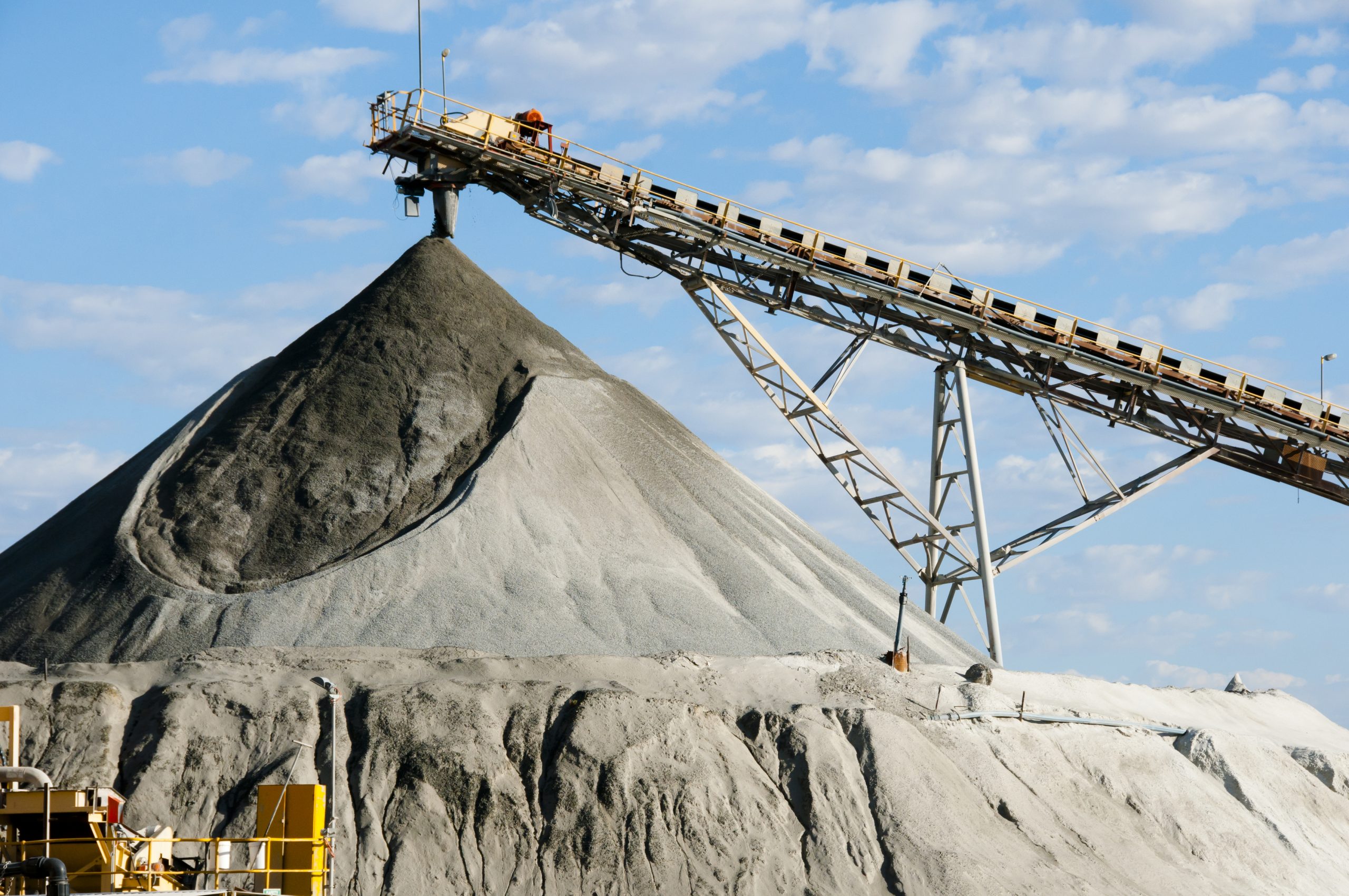Mining provides materials for many industrial sectors (transportation, construction, equipment manufacturing, etc.) that are vital to sustaining human well-being and the functioning of the global economy. However, mining has numerous social and environmental impacts. This makes improving the sustainability performance of mining an important objective. The following are some ways mining affects social, environmental and economic conditions.
Social and environmental effects:
Land use and environmental impacts affecting human health and human rights are the most concerning social aspects in the mining sector. Benefits from income, employment and materials for industry are the main positive impacts of mining. Here are some of the social and environmental effects of mining:
Mining companies play an important role in the economic and social development of many communities, especially in regional and remote areas.
- Mining boosts community development and local skills, knowledge, innovations and opportunities.
- Value is created and distributed in many ways through mining companies, including through employment, local procurement, tax revenues, enhanced infrastructure and better access to healthcare and education.
- Some mining firms build schools, clinics and other social infrastructure such as roads and housing for employees, thus improving the quality of life of community members.
- Some mining companies, directly and indirectly, support recreational activities in a community.
- Many mining companies set targets for gender and Indigenous employment, seeking to develop diverse business opportunities where possible.
- A community’s well-being is negatively affected by mine closures.
- Mine closures result in sudden unemployment and loss of income and social problems often follow (domestic disturbances, demand for social services, and decreasing student enrolment).
- A mining boom generates social problems due to a sudden rise in disposable income (increased rates of alcohol and drug addiction, increased youth delinquency, and distrust among community members).
- An influx of workers when a mine opens makes maintaining a traditional lifestyle a challenge.
- Typical mining work schedules lead to social problems, especially when many adults in one community work in the same mine. A rotation of two weeks on, and one week off, is stressful.
- Mine bankruptcy can lead to mine sites being abandoned without proper shutdown and cleanup. Taxpayers often pay for the environmental restoration while local communities deal with the pollution.
- Mining directly affects people’s health. Employees work in dangerous conditions and are exposed to toxic chemicals.
- Mining contributes to erosion, sinkholes, deforestation, loss of biodiversity, significant use of water resources, dammed rivers and ponded waters, wastewater disposal issues, acid mine drainage and contamination of soil, ground and surface water. All of these can lead to health issues.
- The massive use of water by mining companies and industrial waste discharged into water sources are among the leading causes of poisoning of waterways and of diseases.
Economic effects:
Economic development and employment opportunities are positive economic impacts of mining, while negative impacts include loss of local identities. In addition:
- Mining contributes to the steady and sustainable supply of energy to meet ongoing demand and the supply of minerals that are used in every facet of modern life, making mining essential for contemporary lifestyles.
- Mining plays a vital role in the economic development of many countries, particularly emerging economies.
- Mining has a positive impact on the economy of many countries.
- It provides a major boost to the financial sector.
- It’s an engine for regional development and value-add generation.
- Mining provides a livelihood for millions of people, often in areas where there are few other sources of income.
- Mining boosts the number of jobs, wages and community funding in local towns and regions.
- Commercial-scale mining provides employment and skills transfer to more than 2 million workers.
- Technological and productivity gains transform other sectors.
- Miners’ unions and their allies ensure companies and governments follow rules that protect miners’ health and safety.
- If done responsibly, mining can be a catalyst for social growth in developing countries.
- Mining promotes the growth of local small and micro-enterprise activities.
- Residents have an awareness of and access to diverse work opportunities, with jobs ranging from technical trades jobs in the mine to environmental workers overseeing the sites.
- Some remote locales would have few facilities without the benefits of mining to the community.
- Local infrastructure such as road maintenance, sewerage systems, airports, and even childcare is operated day-to-day by mining companies in some areas.
- Mining can be used as an engine for overall economic growth.
- It provides opportunities for staff to advance nationally and internationally.
- Mining companies often contribute significantly to social and community groups and not-for-profits.
The impact of mining goes beyond mineral extraction and processing. The contribution of mining to sustainable development needs to be considered in terms of economic and technical viability, ecological sustainability and social equity. Some of the negative impacts of mining are loss of vegetation cover, mass destruction of water bodies, loss of biodiversity, land-use changes and food insecurity, increased social vices and conflicts, high cost of living, and air pollution. The benefits of mining to the community are the boost in royalties, taxes and charges paid by companies to governments. These revenues are then returned to local people in the form of services such as schools and hospitals, infrastructure, and policing. Governments, mining companies and local communities must work together and cooperate on issues encountered through the different stages of a mining project.
Interested in mining activities and investment opportunities? Need more information? Check out Junior Mining Hub. We’re a rapidly growing, open-access platform highlighting industry events and activities throughout the junior mining sector. Our categorized, searchable information provides a cohesive industry picture. We use our years of industry experience to promote mining activities and investment opportunities to the global community. Contact us today or sign up for our daily email and/or our weekly newsletter.

